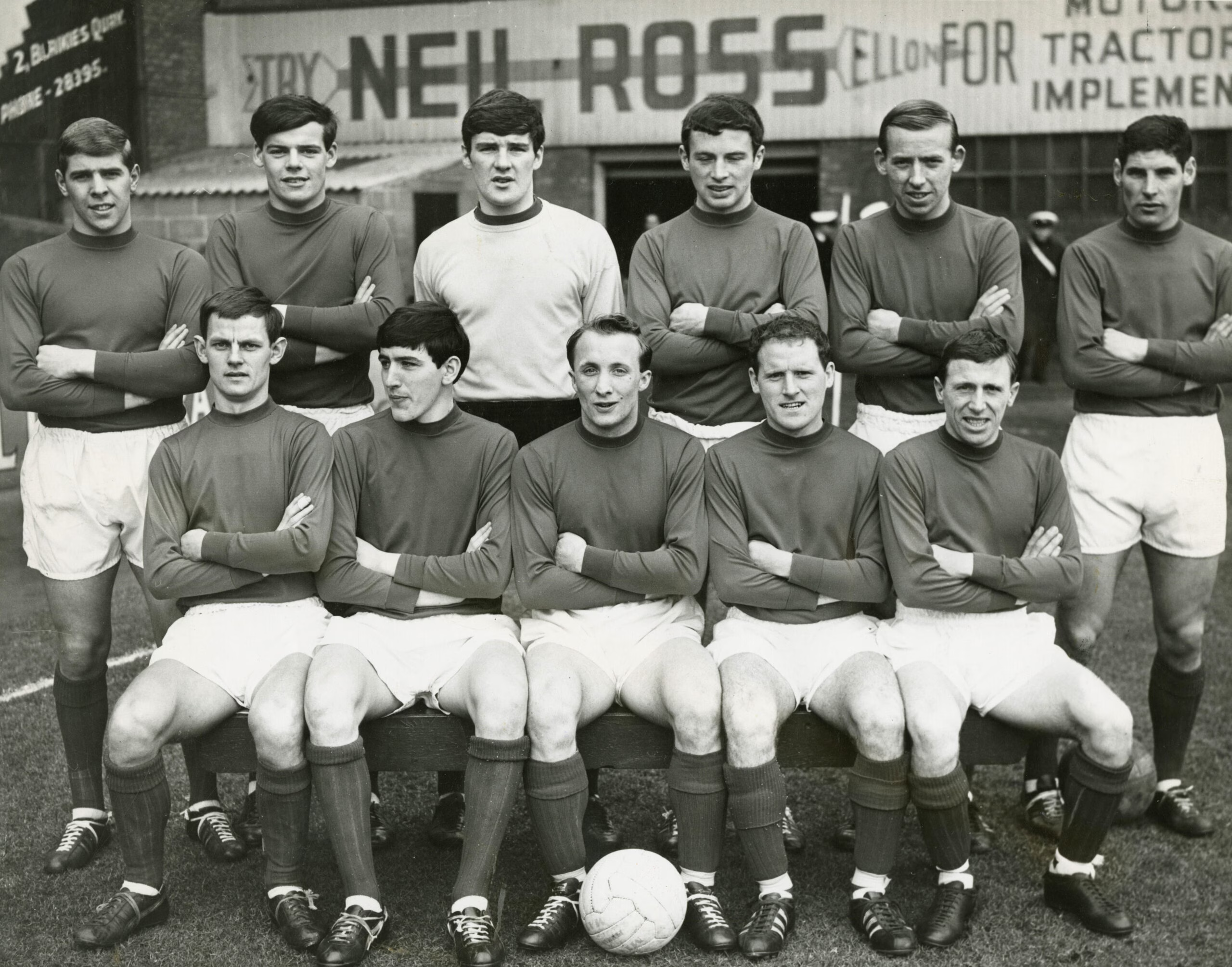News
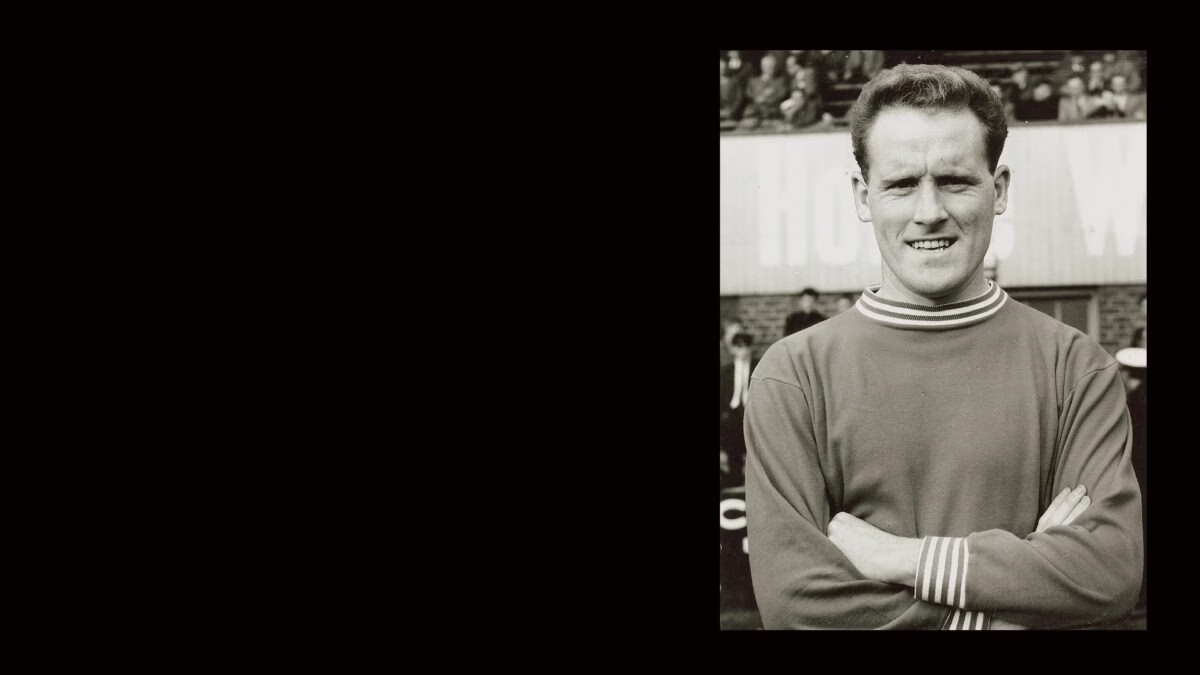
in memoriam | Harry Melrose
Aberdeen FC were saddened to learn today of the passing of former captain Harry Melrose.
The winger made his name at Dunfermline Athletic after arriving on a free transfer in May 1958 from Rangers. Melrose was part of the successful Jock Stein Dunfermline side of the early 60’s and a member of the 1961 Scottish Cup winning XI. The following seasons in Europe, he famously scored the winner against Everton in the Inter City Fairs Cup and also scored six goals in one game against Partick Thistle. He played 275 times, scoring 106 goals during his seven years at East End Park.
Signed by Eddie Turnbull, Harry was transferred to Aberdeen for £10,000 in October 1965 and was a vital signing as Turnbull slowly rebuild the club after a disastrous spell in the early 60s. He led the team out at Hampden in the 1967 Scottish Cup final and was in charge of the side when they played as the Washington Whips in the summer of ’67 while Eddie was unwell.
During three seasons at Pittodrie he made 87 appearances, scoring 19 goals.
The inside forward then made 117 appearances for Berwick Rangers, also scoring 19 goals before taking over the managerial reigns at East End Park. In 1979 he led the Pars to promotion to Division One on the final day of the season.
Our thoughts are with Harry’s friends and family. Red Matchday magazine will have a full tribute in a future edition.
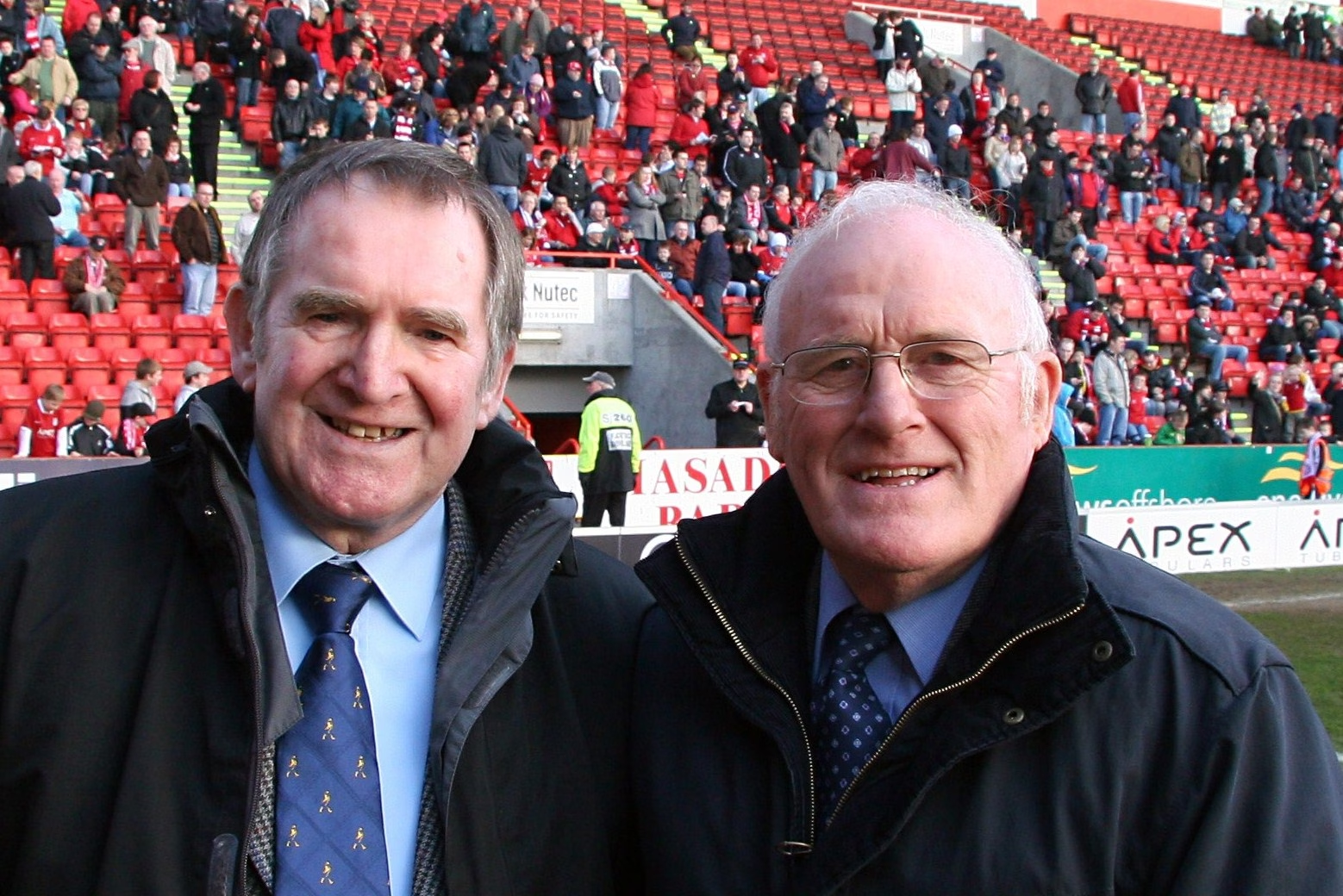
Harry Melrose – his Aberdeen story
Experience is a crucial element in any successful side. When Eddie Turnbull swept through the doors at Pittodrie in 1965 he set about an overhaul of the Aberdeen squad that had not been seen before or since at Pittodrie. To begin the revolution, the new Aberdeen manager released no less than 17 players from the club with several established first team players among those involved.
Turnbull was single minded in his efforts to establish Aberdeen as a force once more. With little or no money available in those early days, Turnbull drafted in the young and old with young keeper Bobby Clark arriving from Queens Park and at the other end of the scale Harry Melrose came in from Dunfermline Athletic. Turnbull was a master at getting the best out of players, regardless of their history. He saw enough in Melrose to know that he would be a superb addition to his new side. With so many leaving in such a short space of time, Turnbull trusted Melrose to carry the younger players he brought in with the likes of Clark, Jimmy Smith, Jim Whyte, Tom McMillan and Martin Buchan all breaking through into a new look team.
Harry Melrose had been a vital part of the successful Dunfermline side of the early 1960’s so was seen as an important signing when he joined Aberdeen in 1965.
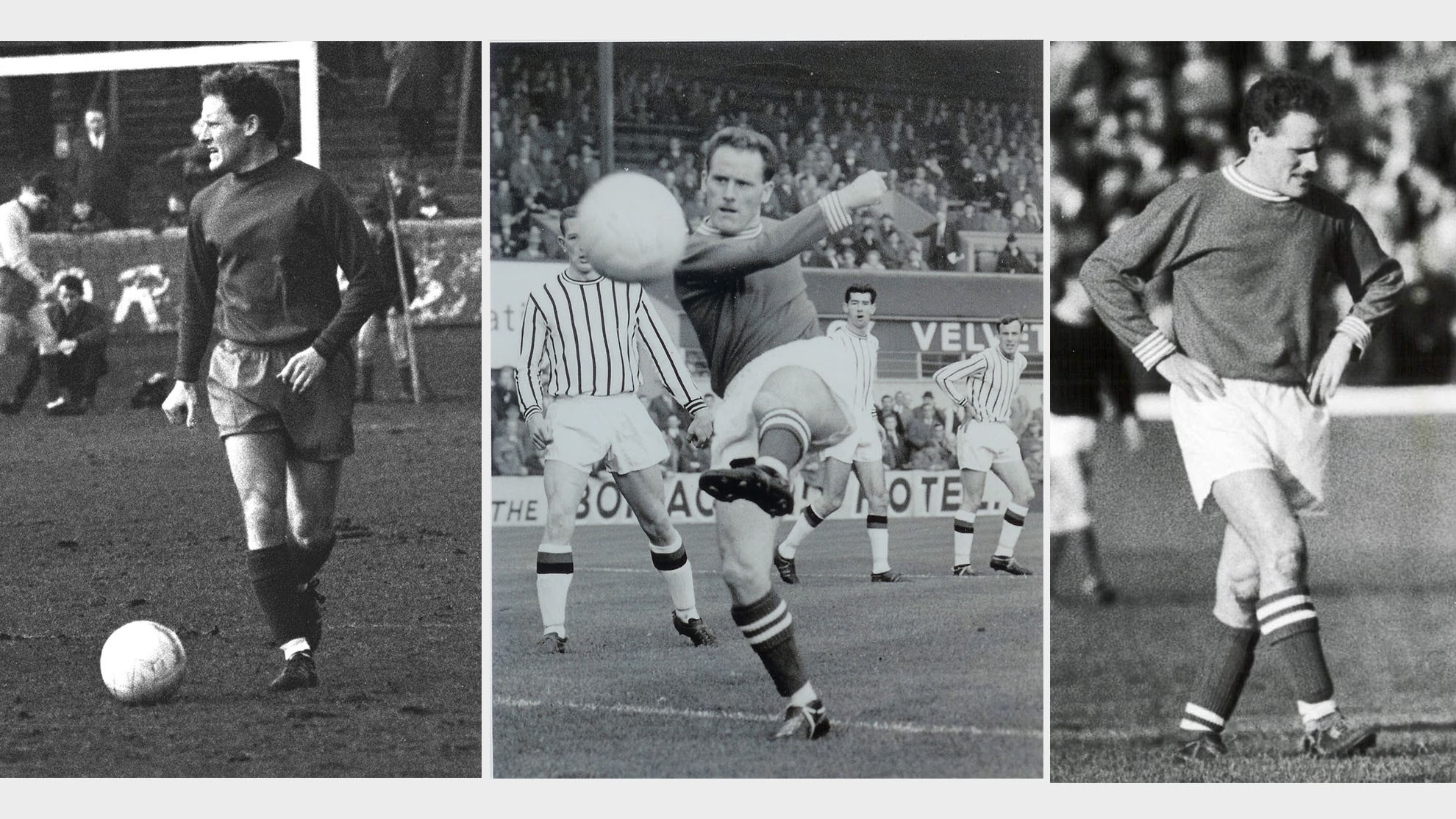
Turnbull recalled signing Melrose; “Harry was always a player who I admired for many years. He was an old style inside forward with a very good scoring record. More importantly he was a model professional and I knew I would not have any problems with him. He was well respected in the game and I was convinced he would be a real asset for us.” Back then Aberdeen were far removed from the days of the 1950’s when they were one of the biggest spending clubs in Scotland.
Aberdeen were more of a selling club and there was no indication that Turnbull arriving would change that. The proposed transfer of Melrose to Pittodrie caused anarchy in the Pittodrie boardroom. Turnbull demanded a meeting at the club on the Sunday immediately after a bad defeat. He insisted that the club give him the £4,000 required and to sanction the Melrose transfer. The new Aberdeen boss threatened to walk away unless they raised the money and back his judgement. Eventually they agreed and Harry Melrose signed for Aberdeen on 8th October 1965.
Before Melrose joined the Dons he had enjoyed a memorable career with Dunfermline Athletic. After starting out with Pentland as a youngster, he was spotted by Junior club Dalkeith while he was with Arniston. After winning two Scotland caps at Junior level, a number of senior clubs were keen on taking Harry into the professional ranks. Eventually Harry’s head was turned by Rangers and signed for them in 1956. His spell at Ibrox was a difficult one and he only made one first team appearance whilst at Ibrox, a League Cup semi-final against Brechin in 1957. His inclusion was only after Rangers were decimated by a flu virus and despite scoring twice on his debut he was not in the side that was beaten 7-1 by Celtic in the Final.
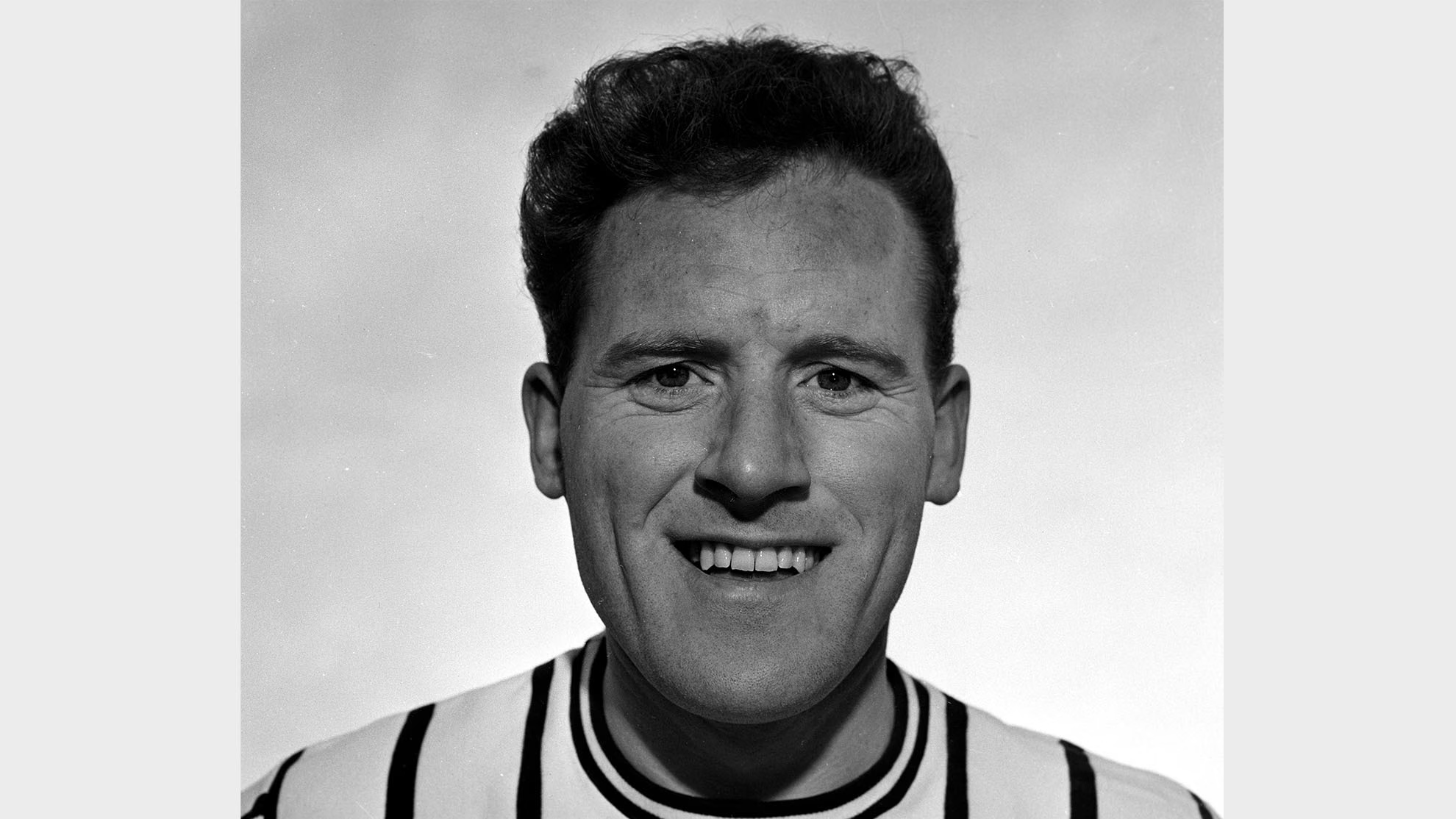
In May 1958 Harry Melrose joined Dunfermline as a left winger. From that position Harry retained a keen eye for goal and he went on to become one of the highest scoring wingers in British football; a six-goal haul in one game against Partick was a remarkable return for a winger. During Jock Stein’s period in charge of Dunfermline he tried a new 4-4-2 formation which persuaded Harry to adapt to an inside forward role. Dunfermline enjoyed their most productive spell in their history and it began with a Scottish Cup win in 1961. European football was one of the benefits they enjoyed and Harry scored the winning goal that knocked Everton out of the Inter Cities Fairs Cup in 1962.
Three years later the East End Park side just failed to win the Scottish Cup again with Melrose scoring for the Pars in a 3-2 defeat against Celtic. It was shortly after that when Harry joined Aberdeen and it was fair to suggest that the move came at the right time for Harry. Such was his standing in the game back then, Melrose was installed as Aberdeen captain and he went on to skipper the Dons to the Scottish Cup Final in 1967. The road to Hampden that year was a glorious one with Aberdeen being followed in huge numbers as they marched on to the final. Bobby Clark remembered how important Harry was to the team back then; “Harry was an inspired signing by Eddie. I always felt he was one of the best signings the club ever made. He was a key buy for the club as the team was a young one with a lot of players just coming through. Harry gave us great leadership and he was pivotal for the side and his experience of being through it all before was a great asset to Aberdeen.”
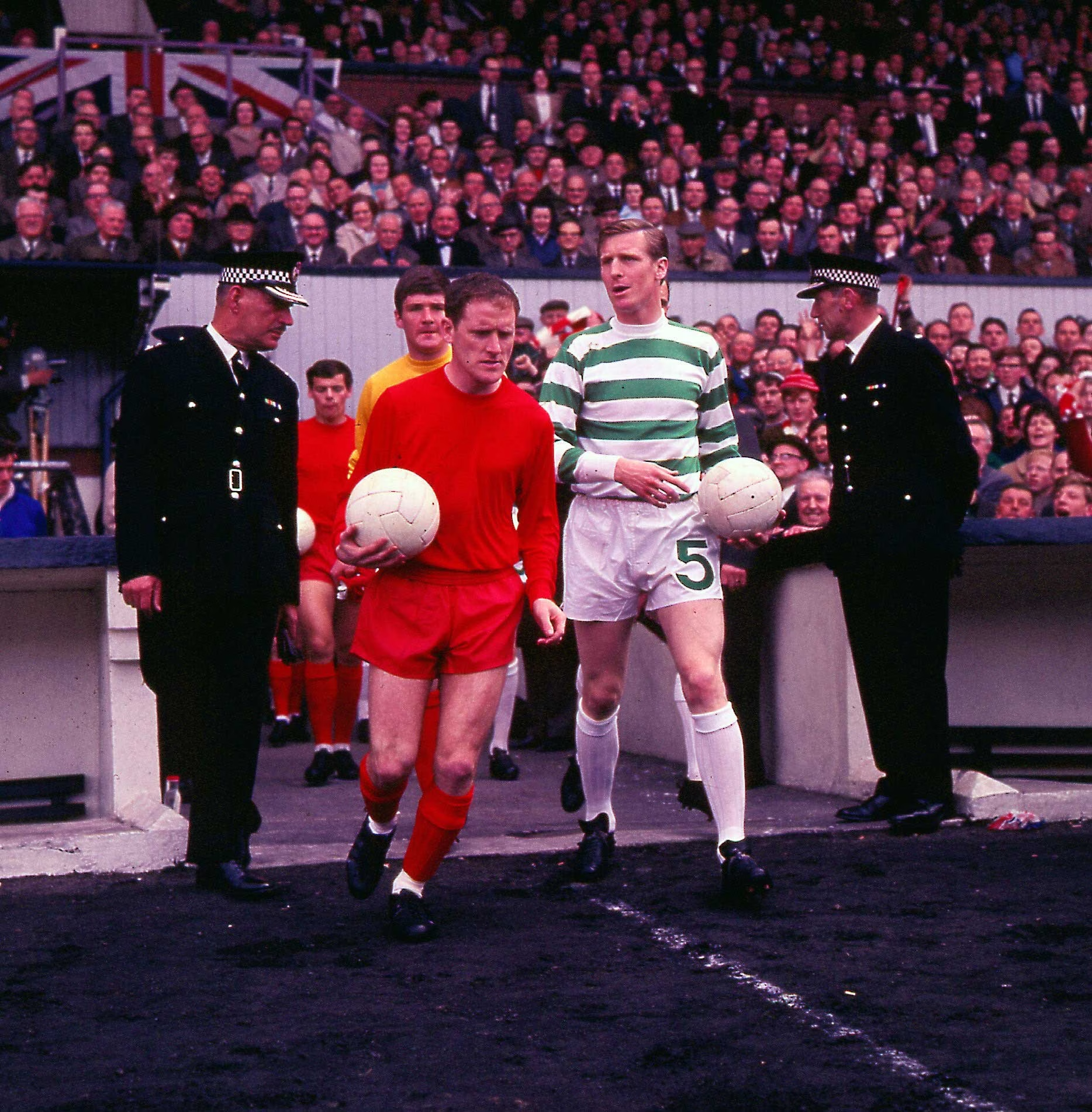
In that 1967 final it all went wrong for the Dons as manager Turnbull was forced to stay behind at the team hotel due to illness, while the team bus did not arrive at Hampden until 40 minutes before off. Aberdeen went down 2-0 to Celtic. Harry recalled some time later that his old manager Jock Stein noticed a tactical switch in a game against the sides that ended in a 0-0 draw where Harry was used in a withdrawn role. “Stein brought in Bobby Murdoch to combat that and had Eddie been there on the day he would have done something about it. As for me I was too engrossed in the game to notice.”
Shortly after the final in 1967, the Dons embarked on an exhaustive tour of the USA to play in the Presidents Cup under the guise of the Washington Whips and Harry found himself in an unfamiliar role. With manager Turnbull not well enough at the start of the competition to travel, Harry was put in temporary charge of the team as caretaker manager. Dave Shaw was the club trainer and also a former manager from 1955-59 but it was never a problem as Eddie Turnbull wanted Harry to take over and Shaw worked well with Melrose for the duration of the tour as Aberdeen went all the way to the final.
Aberdeen qualified for Europe for the first time in 1967 and not unlike his days at Dunfermline, Harry was in the thick of the action. Harry scored the Dons second goal on a snowbound Pittodrie against Liege to set up a grandstand finish before the Dons eventually went down 3-2 on aggregate.
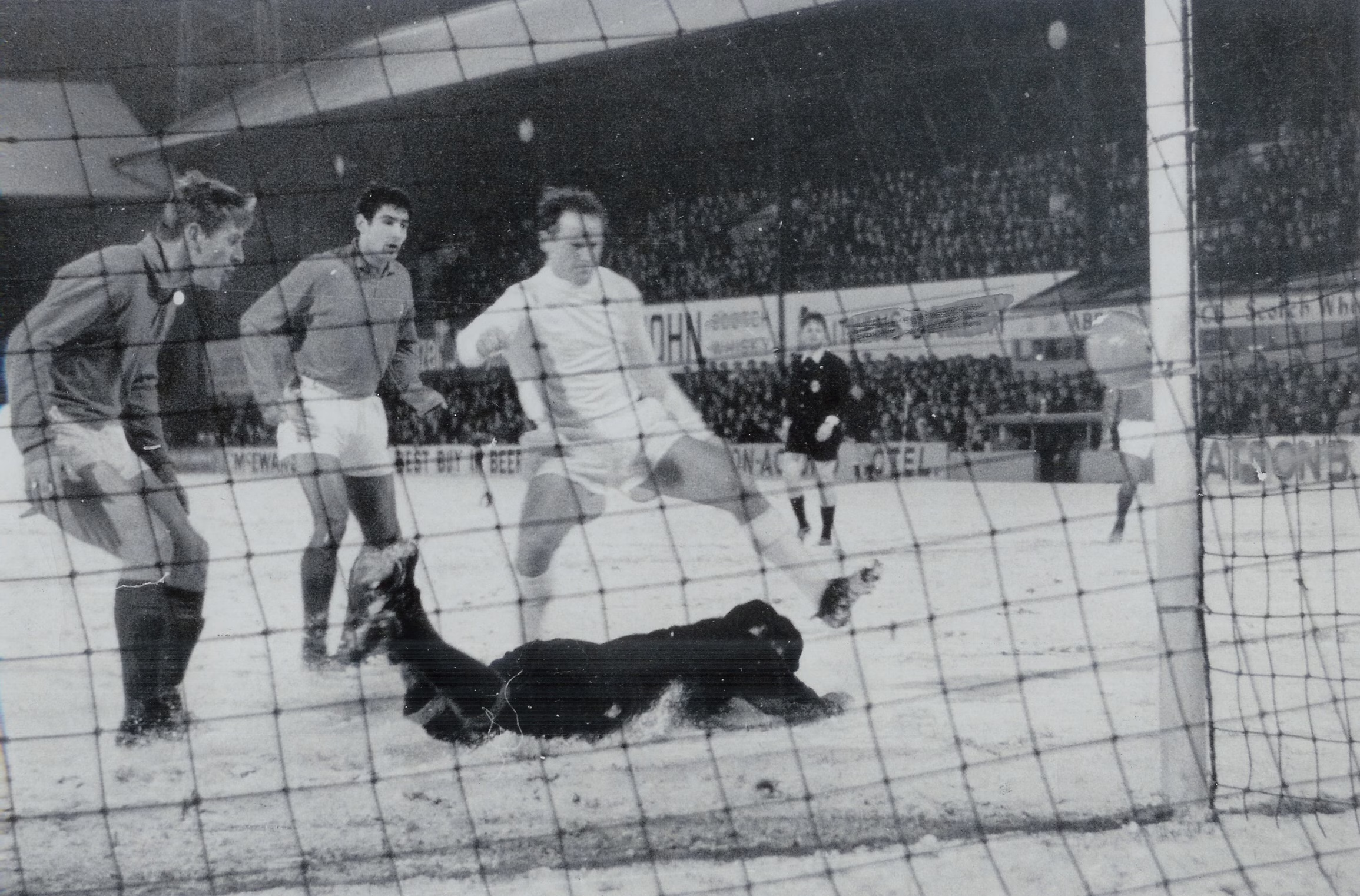
In 1969 Harry was released by Aberdeen after making 87 appearances and scoring 19 goals, to take up a coaching role with Berwick Rangers. After six years at Berwick, Harry returned to take over at Dunfermline. After the Pars slipped into the Second Division Harry resigned his post in 1980 but later returned to East End Park in an administrative role.
